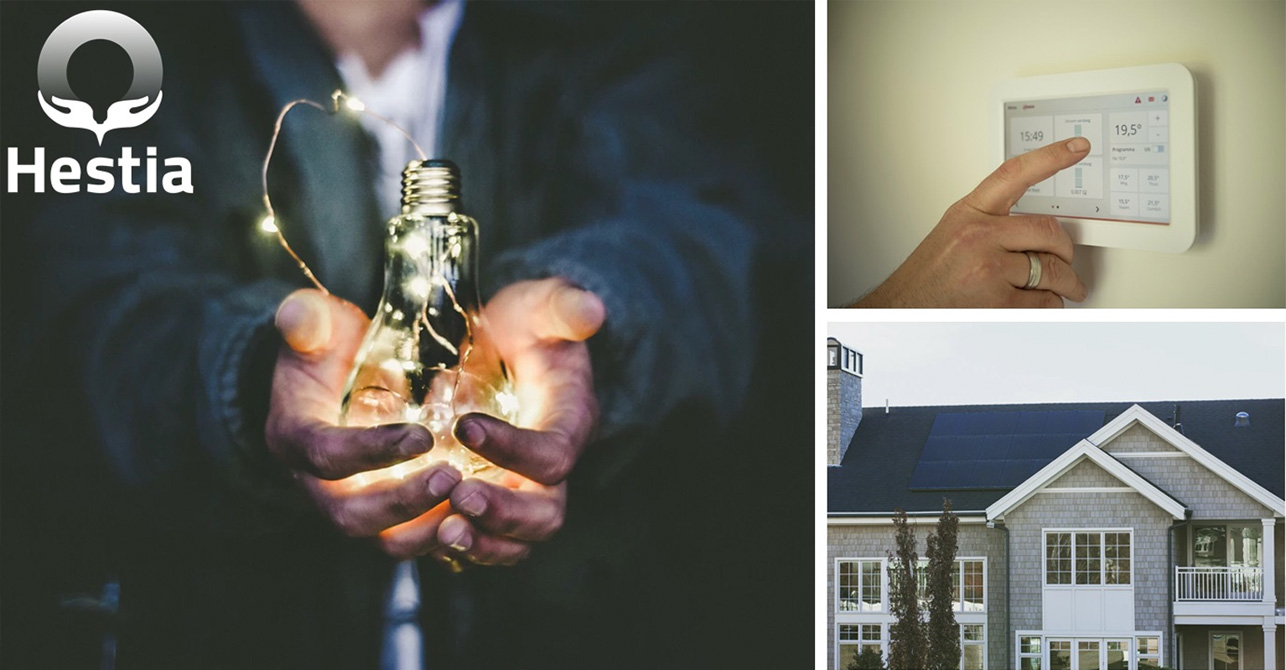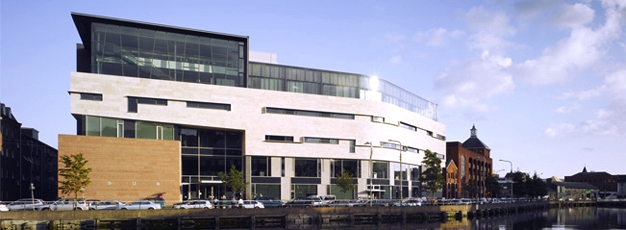European HESTIA Project will transform the way we use energy

Published on: Monday, 01 March 2021
Companies and organizations in 9 European countries are promoting an ambitious project that will transform the way we use energy

THE EUROPEAN PROJECT HESTIA IS PROMOTED BY 19 PARTNERS WITH A €7.5M BUDGET
The HESTIA project has already implemented pilot projects in residential areas, and in three years, it will launch a technology platform for more efficient energy use that is available to the entire population
The goal of the European project Holistic dEmand response Services for European residenTIAl communities (HESTIA) financed by the EU, and promoted by 19 companies, institutions, and clusters, in Ireland, Austria, Belgium, Denmark, France, Italy, the Netherlands, Serbia, and Spain, is to encourage consumers to change the way they use energy so that it is more efficient, flexible, and beneficial, in terms of both monthly expenditure and for the environment.
The project has a total budget of €7.5M, including almost €6M contributed by the European Union, and its committee is made up of 19 partners from the nine different countries, including energy and technology companies (ranging from energy storage to home automation manufacturing), public institutions, consulting firms, and clusters. HESTIA also participates in BRIDGE, an umbrella initiative that brings together ongoing European projects in the energy field and addresses aspects of data management, business models, regulation, and consumer engagement.
MTU project lead Dr Martin Klepal comments: “The research performed by MTU in the project will establish the most suitable approaches to enable estimation of consumer behaviour relevant parameters from the human interaction with energy management systems, and thus the integration of consumers into the overall system operation optimisation process resulting in more predictable and more economical system operation. To achieve this, MTU will lead the development of a consumer digital twin based on well-established theories from social science and behavioural psychology and will implement the consumer digital twin into the Artificial Intelligent (AI) enabled model-driven approach to facilitate a continuous and operational user involvement cycle.”
MTU Cork Head of Research Dr Niall Smith adds: “HESTIA addresses one of the greatest challenges to slowing and ultimately reversing climate change by bringing consumer behaviour right into the heart of the artificial intelligence modelling. In this way MTU researchers are adding the “human” to the “artificial” and recognising that in the real world we cannot disconnect the two. Technology on its own is not a solution. This exciting approach promises to reduce our collective carbon footprint in a sustainable way.”
HESTIA was launched at the end of 2020, and project partners will spend three years developing various efforts and technological proposals focused on encouraging consumers to streamline energy use. Three pilot projects have already been implemented in residential areas in France, Italy, and the Netherlands to determine and analyze consumers’ energy habits and thus understand their preferences and needs when using energy and its infrastructure.
Once this data is extracted, a system will be created so that all those actors involved in energy use (providers, institutions, organizations, neighborhoods, etc.) can adjust and optimize their services depending on, for example, time periods, therefore following demand response criteria. This will improve the balance within the local network and save energy, which leads to cost savings (with a 20–50% reduction of the final bill) and supports the sustainability of natural resources and the protection of the environment.








